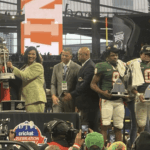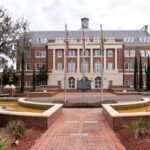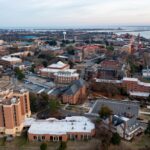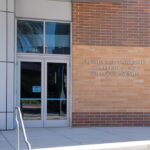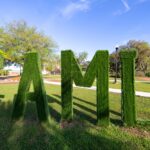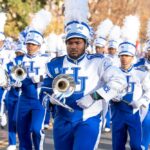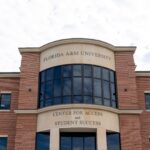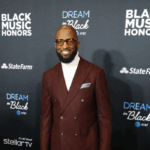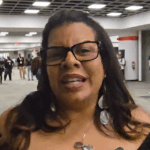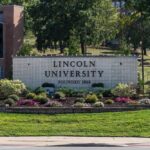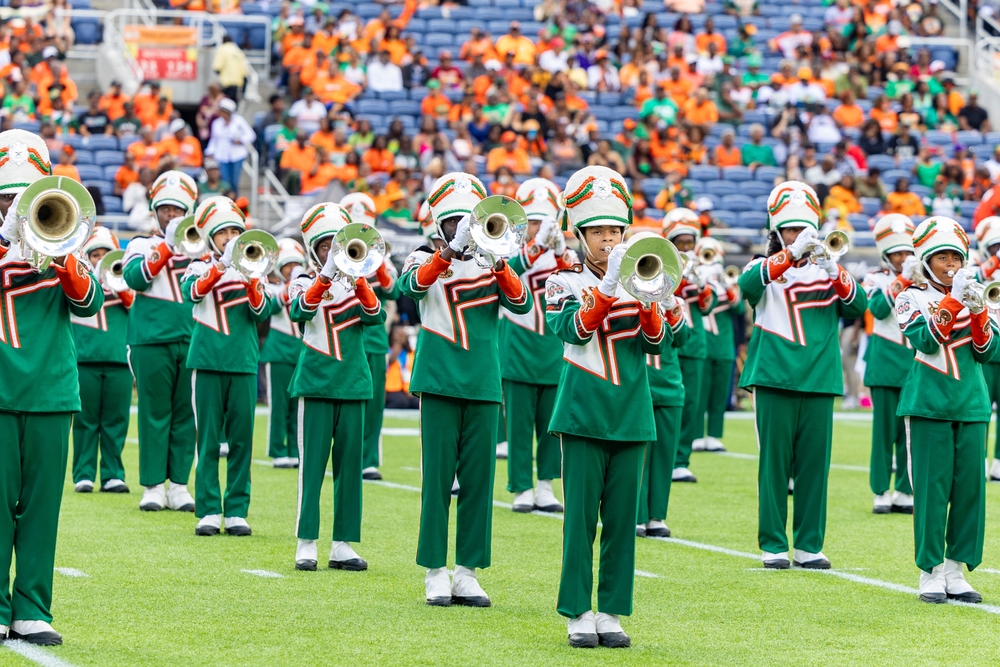
Getty Images and Ancestry Unite to Safeguard Generations of Black Educational History
In an era when educational legacies are at risk, a major collaboration is underway to preserve nearly 170 years of institutional memory from Ten historically Black colleges and universities (HBCUs). Getty Images, partnering with Ancestry.com and as part of its HBCU Grants Program, will digitally archive photographs and records dating back to 1854, ensuring these voices endure for future scholars, genealogists and communities.
Getty Expands Its Scope Through Strategic Archival Vision
The Getty HBCU Grants Program, originally launched in 2021 to preserve photographic heritage, has evolved into a more expansive effort. Getty recognized that visual records alone were not enough. Under this new vision—driven by collaboration with Ancestry.com—the initiative now includes administrative documents, correspondence, student directories, and yearbooks. By integrating text-based records with imagery, Getty and Ancestry are building comprehensive digital archives capable of illuminating critical chapters of American history.
This broader inclusion reflects a growing awareness of how HBCUs have shaped social, cultural and academic trajectories for Black Americans. The new approach transforms static photo collections into dynamic repositories rich in historical and genealogical value.
Lincoln University Pioneers as the First Institutional Partner
Lincoln University in Pennsylvania, the nation’s first degree-granting HBCU founded in 1854, leads as the inaugural partner. It will contribute approximately 700 photographs along with charter documents, yearbooks, campus newspapers, and student records. These materials trace the university’s evolution from the post–Civil War era, through Jim Crow, to modern academic achievement.
University leaders emphasize that this isn’t only Black history—it’s American history. Digitized materials will place African American educational achievement firmly within national archives and public discourse.
Students Gain Skills Through Hands-On Archival Work
Getty and Ancestry are not only digitizing; they’re empowering students. Supported by Denny’s–funded stipends, current HBCU students are actively involved in archival sourcing, dating, and annotation activities. In doing so, they acquire valuable metadata management and digital preservation skills, while forging intergenerational connections to their institutions.
This educational component boosts student employability in library science, museum studies, and genealogy. It also nurtures stewardship of Black institutional heritage, grounding archival work in lived experience.
Political Backdrop Makes Preservation an Urgent Imperative
This initiative unfolds amid national debates over curriculum and historical narrative. Recently, efforts to limit Diversity, Equity and Inclusion programming have escalated, with some political figures advocating for a narrowly patriotic interpretation of history. Against such pressures, the Getty-Ancestry program ensures that primary-source materials—often overlooked in mainstream archives—remain accessible and intact.
Digitization at risk will survive beyond political shifts, offering an unfiltered window into HBCU history rather than censored remembrance.
Focus on Copyright and Institutional Control
Getty and Ancestry’s agreement guarantees that participating HBCUs retain full copyright to all digitized assets. The program delivers high-resolution digital files along with metadata back to each institution, granting them autonomy regarding licensing, access management, and usage.
This model ensures that these cultural assets enrich academic programming, generate revenue, and safeguard institutional heritage—without relinquishing control to external organizations.
Scaling the Preservation Project to a National Platform
Following Lincoln’s pilot, nine additional HBCUs are set to join. Partners will be chosen based on archival significance, risk of material degradation, and institutional capability. Each will receive funding, technical assistance, equipment, and training aligned with archival best practices.
The goal: create a national digital network where HBCUs connect in shared purpose, with collections interoperable and accessible to scholars, family historians, and the public via both Getty’s and Ancestry’s platforms.
Future Impact on Research, Culture, and Genealogy
The era of remote scholarship demands digital access. By bridging geographic distance, these archives will energize research on Black educational policy, civil rights movements, leadership formation, and alumni achievements across eras.
Genealogists stand to benefit as well. Student records and photographs often capture those overlooked by census data or public memory. These materials can complete family narratives and validate ancestral stories once scattered or obscured.
The Getty‑Ancestry partnership delivers more than preservation—it crafts a template for empowering institutional autonomy, cultural continuity, and educational equity. Through digitization, student engagement, and steadfast ownership, the project safeguards Black educational history from deterioration, politics, and erasure for generations to come.
Sort By
 Register for exclusive access to VIP events and more
Register for exclusive access to VIP events and more
Sign up for periodic updates, special discounts, and more!




